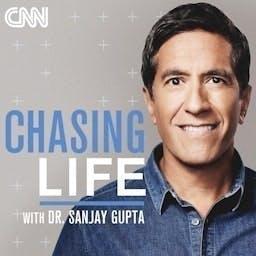
Sign up to save your podcasts
Or



By Weill Cornell Medicine Neurological Surgery





4.7
142142 ratings



The podcast currently has 257 episodes available.










The podcast currently has 257 episodes available.

38,525 Listeners

43,558 Listeners

27,115 Listeners

12,764 Listeners

4,213 Listeners

14,943 Listeners

31,803 Listeners

3,742 Listeners

14,390 Listeners

8,223 Listeners

1,633 Listeners

10,495 Listeners

20,649 Listeners

11,277 Listeners

1,694 Listeners